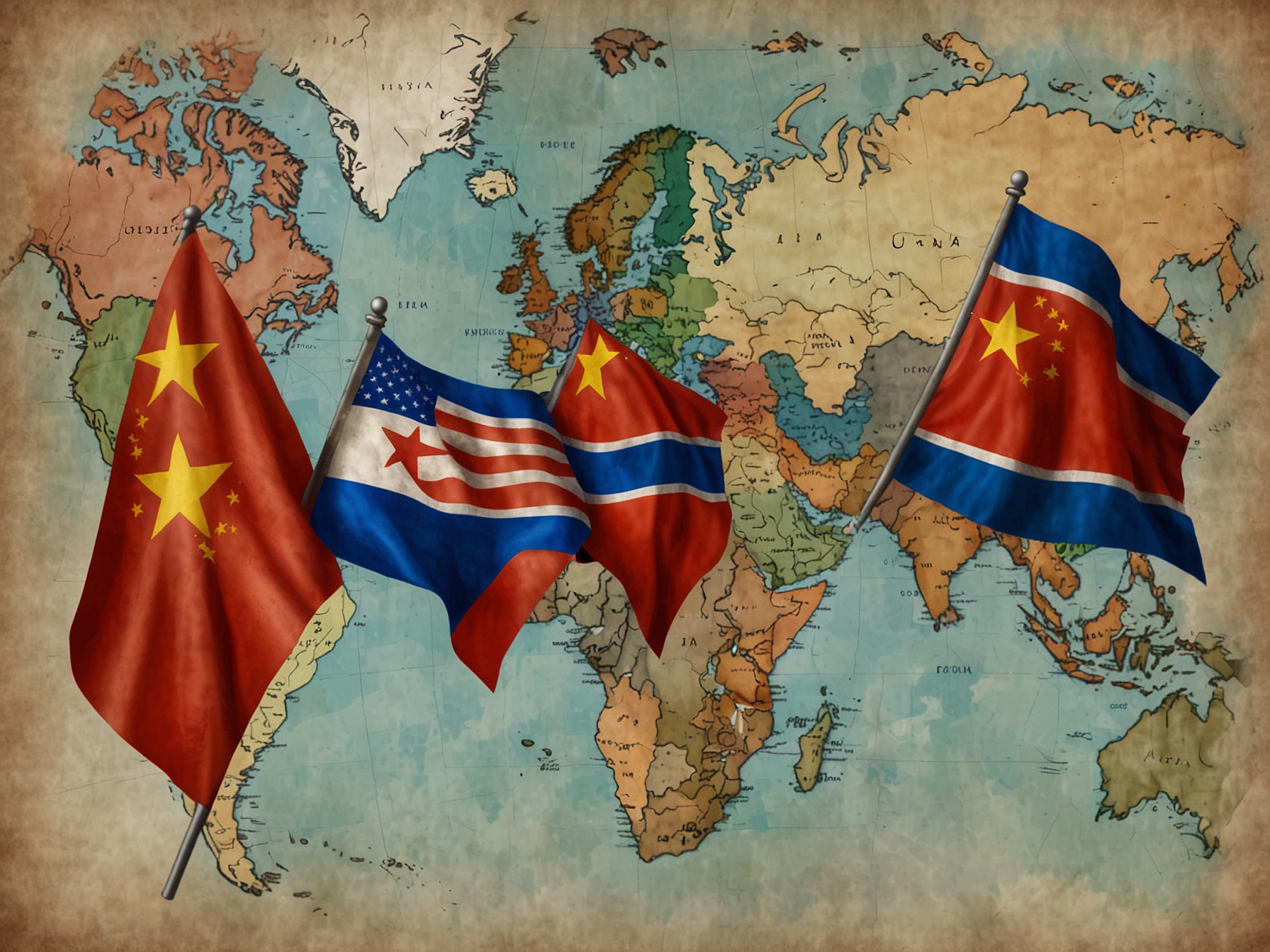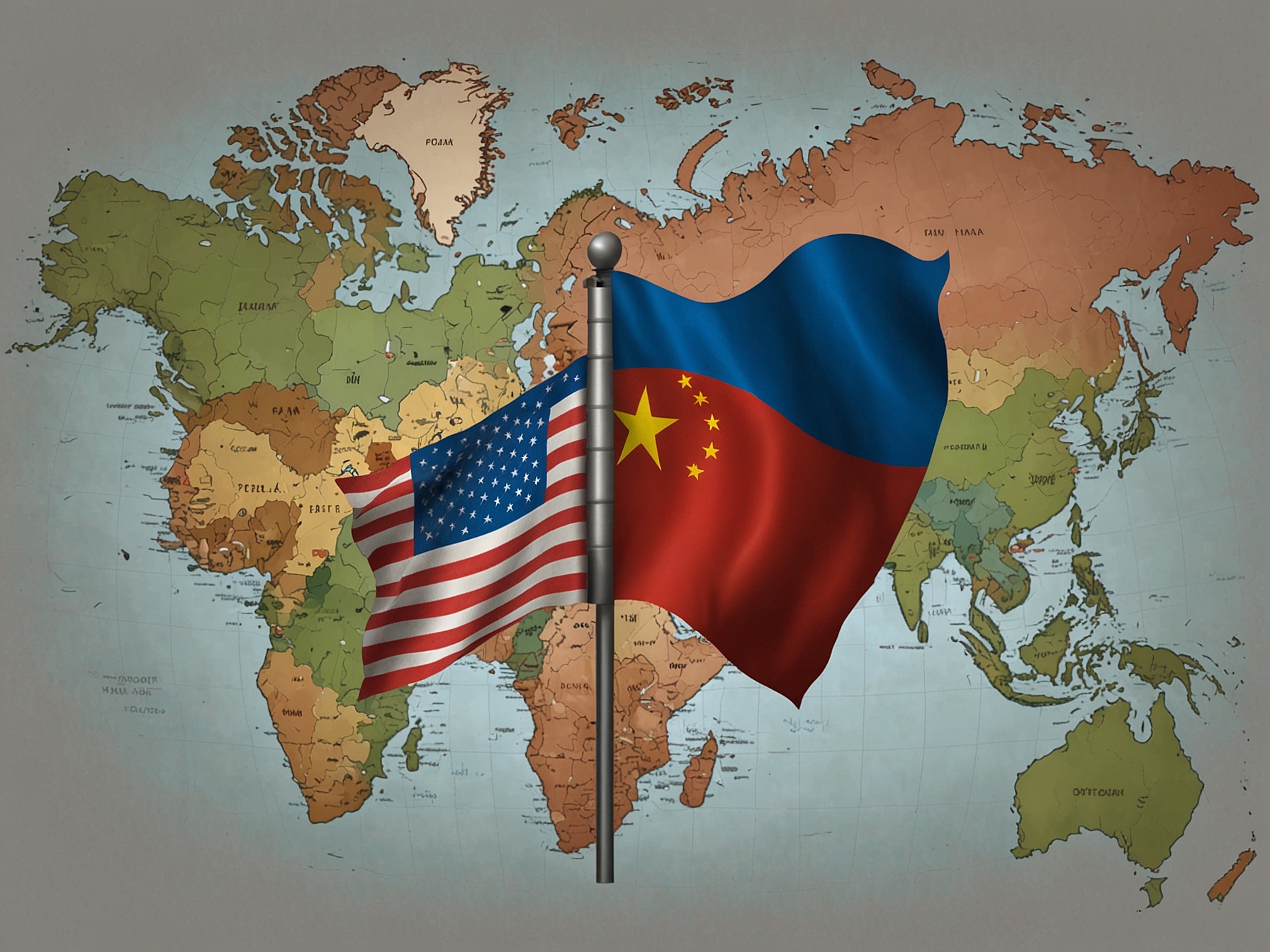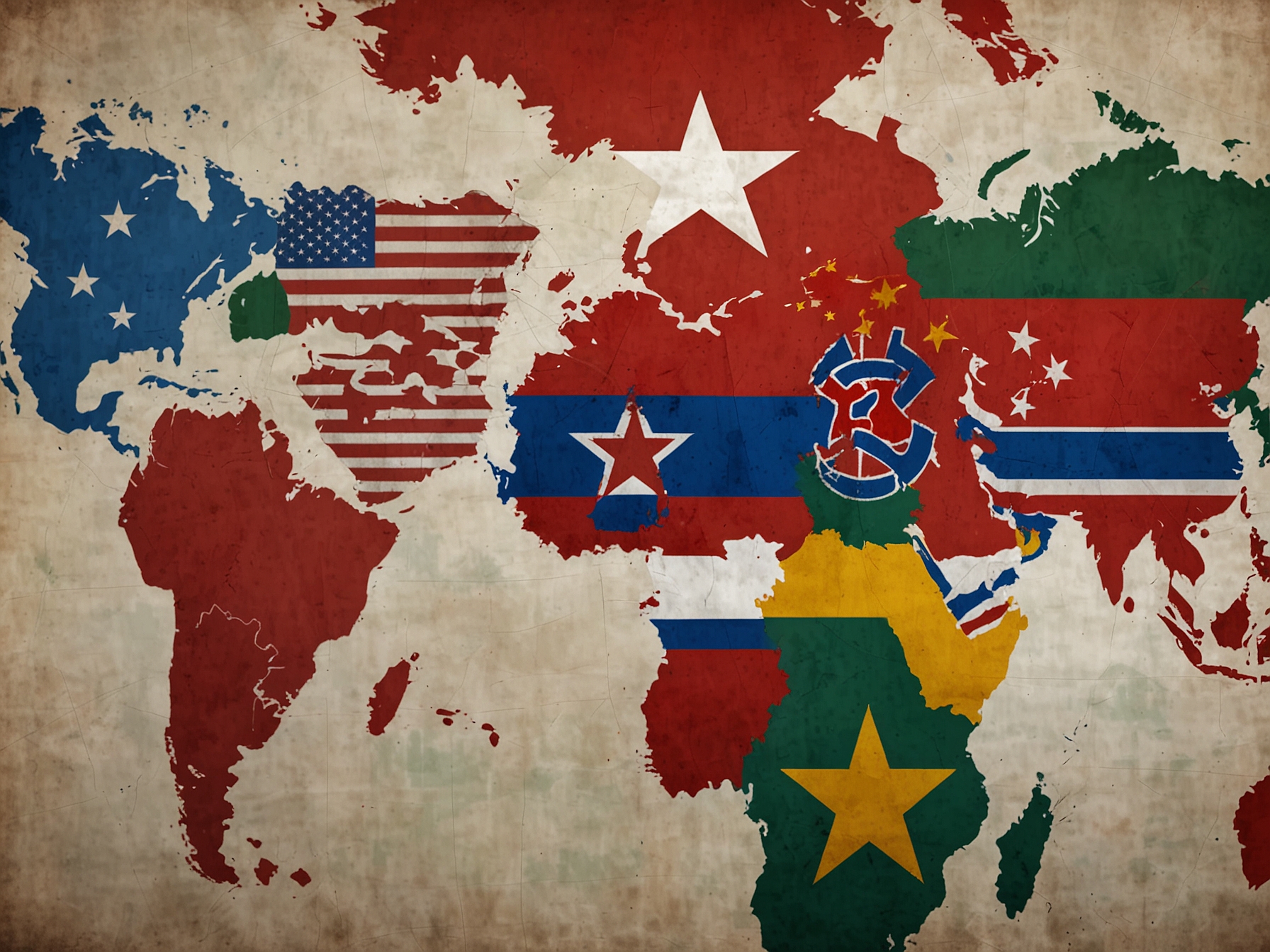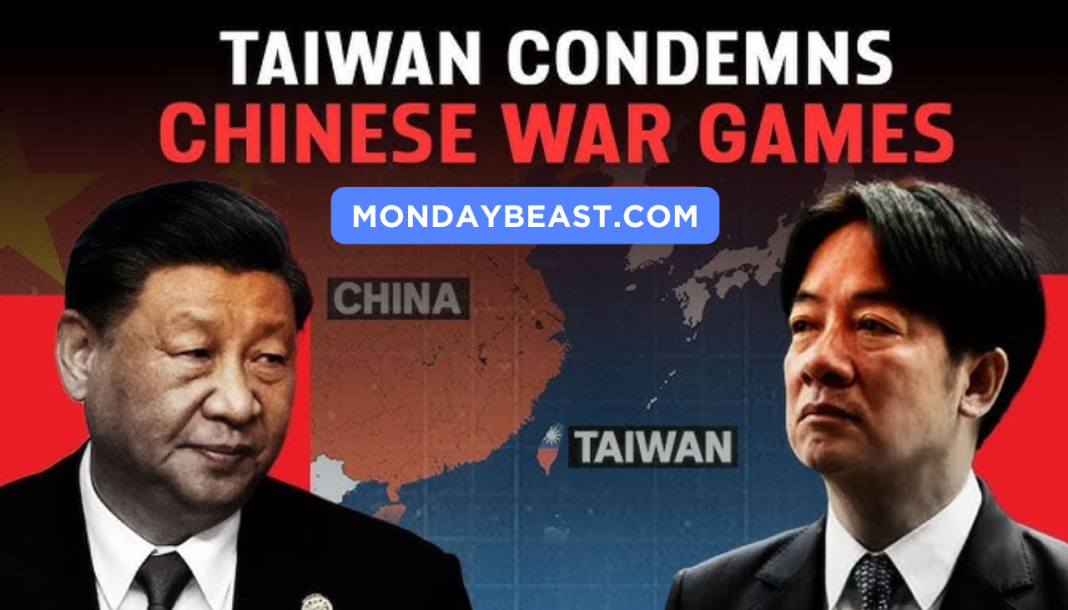In recent months, a troubling development has emerged in the geopolitical landscape. China finds itself increasingly uncomfortable with North Korea’s deepening ties to Russia. The engagement between Pyongyang and Moscow is causing ripples of concern within Beijing.
Kurt Campbell, the U.S. Deputy Secretary of State, noted that this issue is becoming a significant talking point among U.S. allies in Asia. It’s a clever way to point out a fracture that’s developing between China and its long-time partner. But is it really a significant break? Or just a momentary dip?

The situation escalates as Kim Jong-un reportedly prepares to send 10,000 troops to assist Russia in its conflict against Ukraine. This is a moment that begs the question: how much does China support these decisions?
Japan’s foreign ministry appears cautious too. Officials highlight that China has remained peculiarly silent over North Korea’s military actions. Why this silence? They may fear a backlash from the West that would solidify U.S. alliances with Japan and South Korea.
Interestingly, Beijing has taken a small step towards diplomacy. They expressed intent to remove a buoy from a disputed area near the Senkaku Islands, a token gesture that seems aimed at easing tensions. Yet, it raises another question: how far is China willing to go to maintain a balanced position?

In a recent discussion at the Center for Strategic and International Studies, Campbell expressed concern over China’s reaction to North Korea’s military alignment with Russia. He described their discomfort as palpable. Could this military collaboration shift alliances in the region?
There was also the chilling observation from Dennis Wilder, a former CIA assistant director. His astonishment over China’s silence on North Korea’s military involvement hints at broader implications. What if that silence signals something more sinister?
As the war in Ukraine rages on, North Korea appears to be stepping into its own role in international conflicts. This presents a curious conundrum for China. It must consider whether it benefits from a North Korean ally engaged in warfare, or does it risk alienating itself from global powers?

Adm. Samuel Paparo recently pointed out a “transactional symbiosis” among North Korea, Russia, and China. His comments imply that North Korea is supplying much-needed resources to Russia while perhaps receiving military intelligence in return. So, where does China fit in this puzzle?
Andrew Shearer offers another perspective. He suggests that the idea of driving a wedge between China and Russia is overly optimistic. If China is indeed supporting Russia in this endeavor, then what does that mean for U.S.-China relations? Could it spiral into further conflict?
Academic voices in Japan further complicate the narrative. They assert that China likely knows far more than it lets on about North Korean activities. If it supports North Korea silently, how will that influence its global credibility?
For instance, Prof. Emi Mifune shared an interesting critique. She argues that China can’t afford to see Russia lose in Ukraine. A Russian victory could lend credence to China’s territorial claims, especially towards Taiwan. This redefines the interplay between Western sanctions and ongoing territorial disputes and begs a review of the alliances forming.
On the other hand, Prof. Hideya Kurata presents a more skeptical view of China’s position. He believes China is neither wholly supportive nor fully against North Korea’s actions. Instead, it’s more a matter of discomfort. These nuanced views highlight the various stakes involved.
In the grander scheme, we see the emergence of tactical nuclear arms and missile technology as a deeply concerning factor. The possibility of North Korea escalating its arsenal is dramatic. It makes you wonder: how far will the region allow this escalation to go?
Despite the complex dynamics, the bigger narrative remains crucial. The ongoing engagement among these three powers reflects a shifting geopolitical landscape that could destabilize relations in East Asia.
Whether China’s unease is a sign of impending conflict or merely an illustration of calculated political maneuvering is a question worth pondering. The world watches closely, waiting to see how these alliances evolve.
Through our lens, one thing is clear: the dynamics between China, North Korea, and Russia create a narrative that is evolving in real time. Each day could bring shifts that change the nature of our understanding of peace and conflict. Are we prepared for what comes next?




